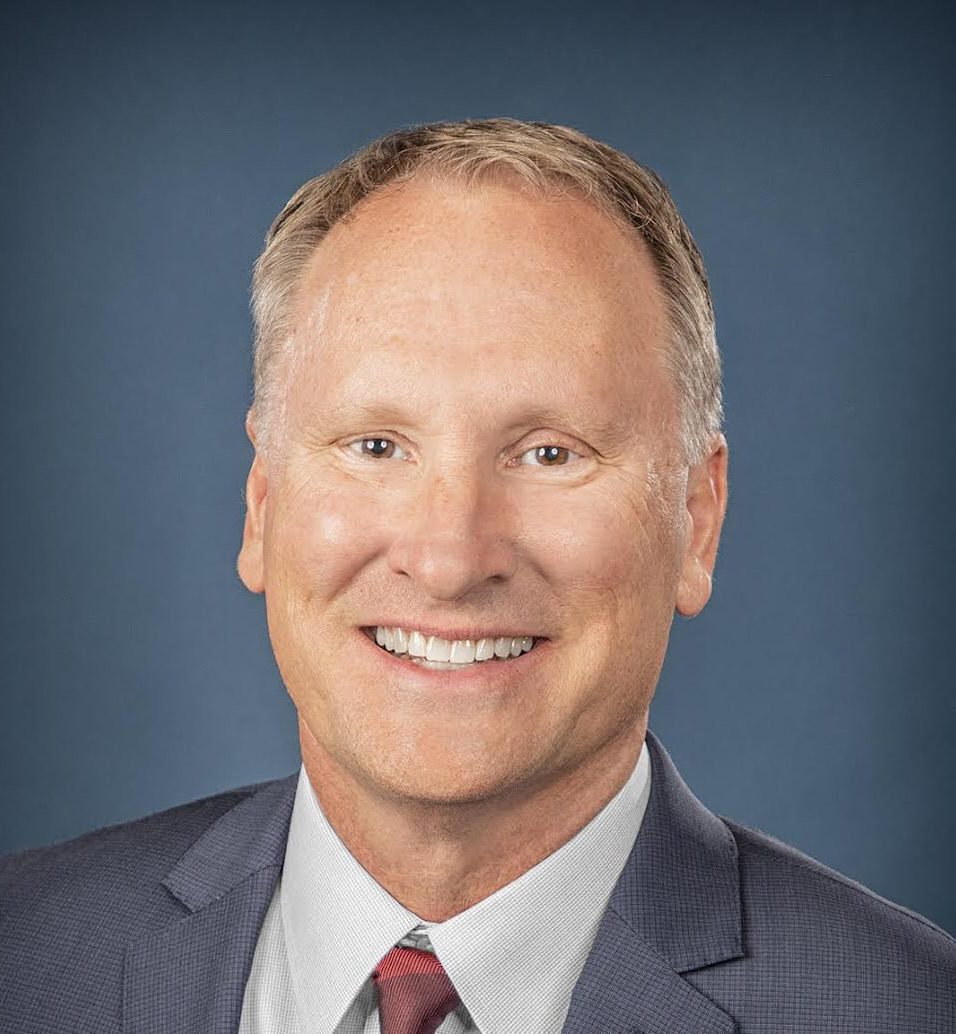As modern medical care has burdened physicians with ever more administrative tasks and the need to transition to digital medicine and the electronic health record, medical scribes are an ever more important part of efficient, quality patient care. Scribes offer a real solution today to the increasing burden of data entry and review, not to mention clinical documentation, felt by today’s health care providers. The pandemic has forever changed the way we balance our work and personal life, leaving many stressed, isolated, and uncertain on how to continuously thrive. The World Health Organization (WHO) has added burnout — defined as a syndrome resulting from chronic workplace stress — to its official compendium of diseases. Emotional exhaustion is now the most common outcome that health workers are reporting after years of being on the front lines of the COVID-19 pandemic.
Dr. Trotter is an industry expert on physician burnout, working in recent years to understand the magnitude of the impact burnout has had on medical providers and to develop strategies and techniques that can immunize healthcare providers against burnout. He’s even introduced the Japanese concept of “Ikigai” – the secret to happy, balanced living to Western healthcare. Through these efforts Dr. Trotter has empowered healthcare leaders to pilot their teams with empathy and emotional intelligence, especially in medical and emergency situations. By teaching these leaders to respond to crises with creativity, agility, and sympathy he has proven that these strategies allow caregivers to thrive.
Dr. Elliott Trotter, M.D. created medical scribing in 1995 while working as an emergency medicine physician in Fort Worth, Texas. Today, Dr. Trotter is working to connect pre-health students with busy emergency medicine doctors through ScribeNest – a new company that creates amazing opportunities for these students to be mentored in their future careers while improving patient care. Dr. Trotter can provide expert insight and commentary into:
- How to navigate burnout in an industry that deals with life and death on a daily basis.
- Why the conditions of health workers can be compared to a war zone from a mental health perspective.
- What the major work-related stressors are for health workers and how they operate.
- How health workers can develop severe long-term mental problems from stressors or being overworked, and ways to do your job, happily, and avoid this trap.






